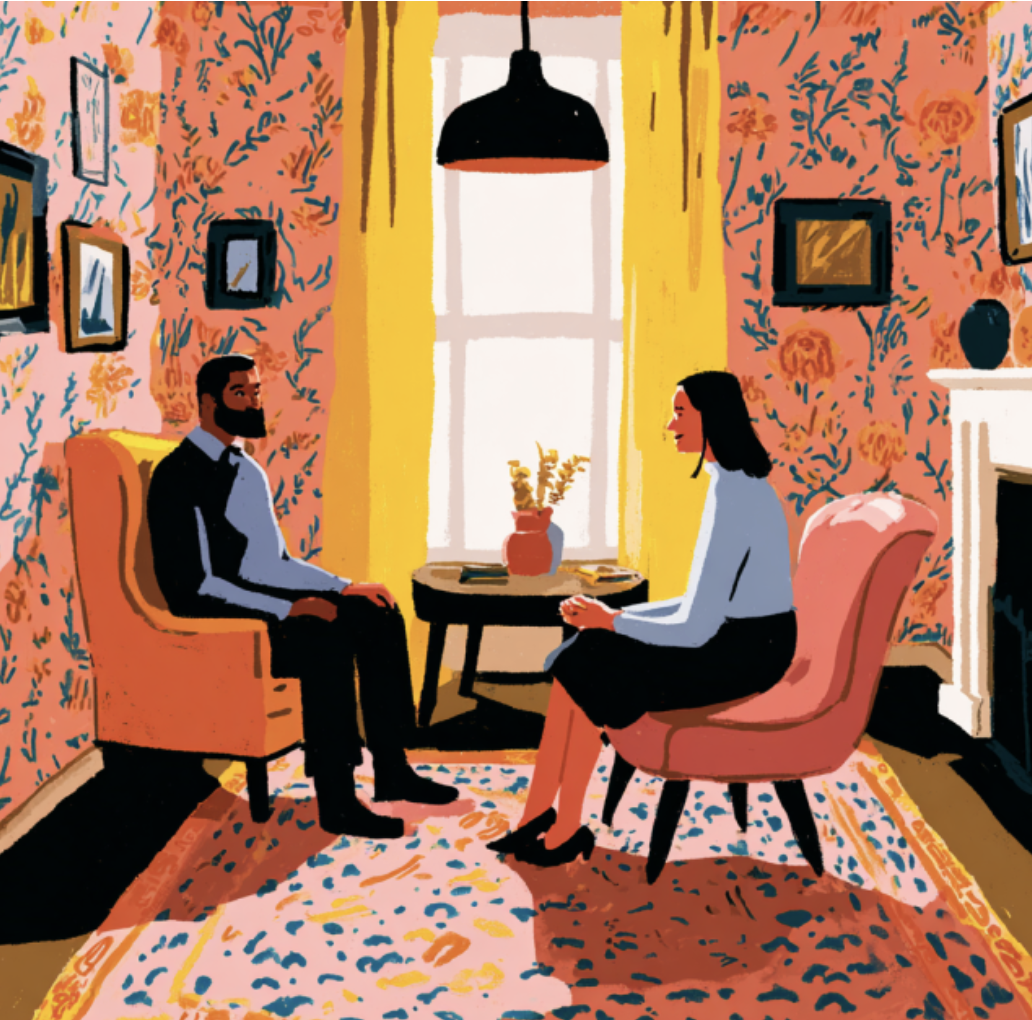What to Expect in Your First Therapy Session
Know what you are getting into
Actual therapy is not like what you see on TV or movies, find out what you can expect and how to prepare for your first session
Starting therapy is a brave step toward understanding yourself better and improving your mental health. Whether you’re feeling anxious, overwhelmed, stuck, or simply curious about personal growth, beginning therapy can feel like uncharted territory. Many people delay seeking help because they don’t know what to expect.
In this post, we’ll walk you through what typically happens in a first therapy session and how to prepare so you can feel more at ease and confident walking in.
1. It’s Mostly a Conversation
The first therapy session is often more about getting to know each other than diving into deep emotional work. Think of it as an introduction — like a meet-and-greet, but with the freedom to be honest about your inner world.
Your therapist may ask questions like:
What brings you to therapy?
Have you been in therapy before? What was that like for you?
What are you hoping to work on?
What’s your current living situation or support system like?
You don’t need to have all the answers, it’s fine to say “I’m not sure,” or “It’s hard to put into words.”
2. Your Therapist Is There to Listen — Not Judge
It’s natural to feel nervous about opening up to a stranger. But therapists are trained to create a safe, nonjudgmental space for you. Their goal is to understand your experience — not to criticize or “fix” you.
They’ll likely explain confidentiality — what they can and can’t keep private — which helps create a trusting environment.
3. You Set the Pace
You’re not expected to spill everything in the first session. In fact, many people don’t. You might start with broad strokes — “I’ve been feeling off lately,” or “I’ve been having trouble sleeping” — and gradually get more specific as you build trust over time.
It’s okay to go slow. Therapy is not a race. You control how much you share and when.
4. It’s Normal to Feel… A Lot
Some people leave their first therapy session feeling lighter, like a weight has been lifted. Others feel emotionally raw or even unsure if they "did it right." All of that is normal.
Therapy can stir things up. That doesn’t mean it’s not working — it often means you’re beginning the process of real, meaningful self-discovery.
5. Logistics Will Be Covered
Beyond talking about your mental health, your therapist may also cover practical details like:
Session frequency and duration
Payment and insurance information
Cancellation policies
Goals for future sessions
This is also your opportunity to ask questions — about their style, experience, or anything you’re unsure about.
6. You’re Interviewing Them, Too
Not every therapist is the right fit, and that’s okay. Your first session is a chance to get a feel for the therapist’s style, tone, and approach. Do you feel heard? Do you feel safe? Do you sense a connection?
It might take a few sessions to know for sure, but your comfort matters. Therapy works best when you feel aligned with your therapist.
Give Yourself Credit
Taking the first step into therapy is something to be proud of. It’s an act of self-respect and courage, even if it doesn’t feel that way yet. You don’t need to “have it all together” to begin — you just need to be open to the process. Here at HQ Psych, we are ready to welcome you to your first therapy session.


